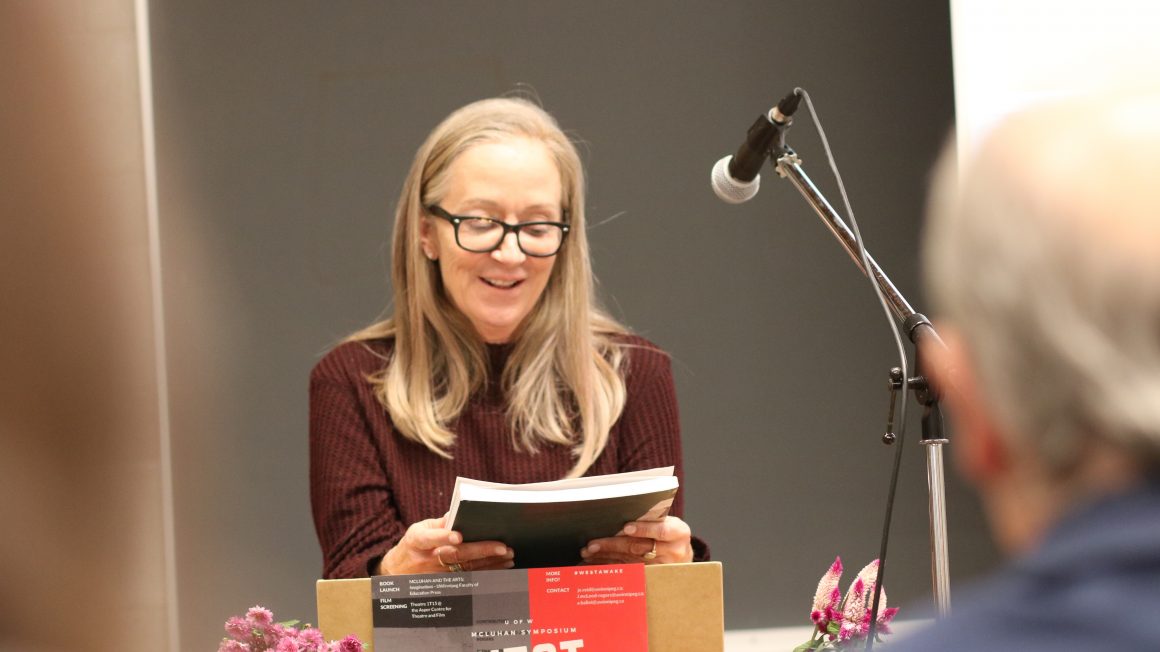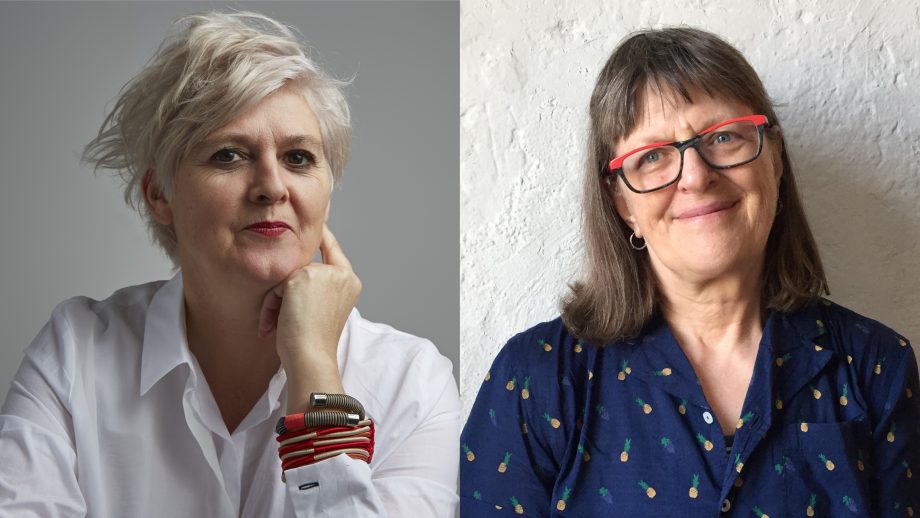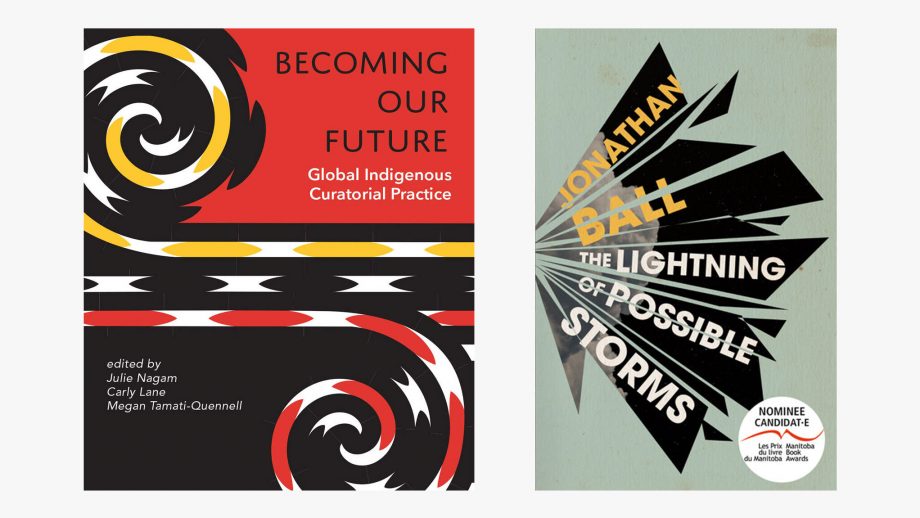The University of Winnipeg’s Dr. Jaqueline McLeod Rogers’ articleThe Power of the Dogis the lead arts section feature in theConversation Canada.Curated by professional editors,The Conversationoffers informed commentary and debate on the issues affecting our world.
In addition to being top dog inConversation Canada,McLeod Rogers has wonThe Lewis Mumford Award for Outstanding Scholarship in the Ecology of TechnicsforMcLuhan’s Techno-Sensorium City: Coming to Our Senses in a Programmed Environment,by the Media Ecology Association (MEA). Other notable intellectuals on this winning list include Naomi Klein, Kara Swisher, and Ted Chiang.
The MEA is a not-for-profit organization dedicated to promoting the study, research, criticism, and application of media ecology in educational, industry, political, civic, social, cultural, and artistic contexts, and the open exchange of ideas, information, and research among the Association’s members and the larger community.
The award-winning book looks at McLuhan’s view of the designed and technologized city as offering a viable future only if we develop new forms of ethical and humane control — so that we support creativity and a “commons.”
“It presents his prescient vision of problems arising from accelerating and dehumanizing ‘smart’ urban features — those that limit real choices in a world shorn of ‘nature,’” said McLeod Rogers .
Currently, between her teaching and Chair duties in the Department of Writing, Rhetoric, and Communications, McLeod Rogers is writing a follow up bookAgainst Crisis, Then and Now: McLuhan, with Kepes and Tyrwhitt, looking at McLuhan and the two other mid-century modernists — all facing crises much like those troubling the world today, as they spoke to crisis in ways that continue to be relevant.
Against Crisis, Then and Nowproposes a short study of how three scholars-communications theorist Marshall McLuhan, along with urbanist Jaqueline Tyrwhitt and artist Gyorgy Kepes, responded to crisis and change in infrastructure and technology, from the early 1960s forward, and how their responses, despite issuing from different disciplinary perspectives, are on many counts similarly sourced and inter-connected or -influential, so it is evident that they read each other.
“Apart from taking up the meta question of how each of these scholars viewed knowledge making and sharing across disciplines and time, the book will also focus on how each of the three grappled with the constructive and destructive potential of technology in infrastructure and environment, art, and culture,” said McLeod Rogers.
McLeod Rogers will be working with two American scholars, Ellen Shoshkes and Charissa Terranova, who are experts on Tyrwhitt (andurban planning) and Kepes (andart and design). Each will be contributing a chapter.
“Like us, these figures worried about unsustainable growth, lack of proper housing, individual and collective ennui and narcissism, and general violence and strife,” notes McLeod Rogers.





